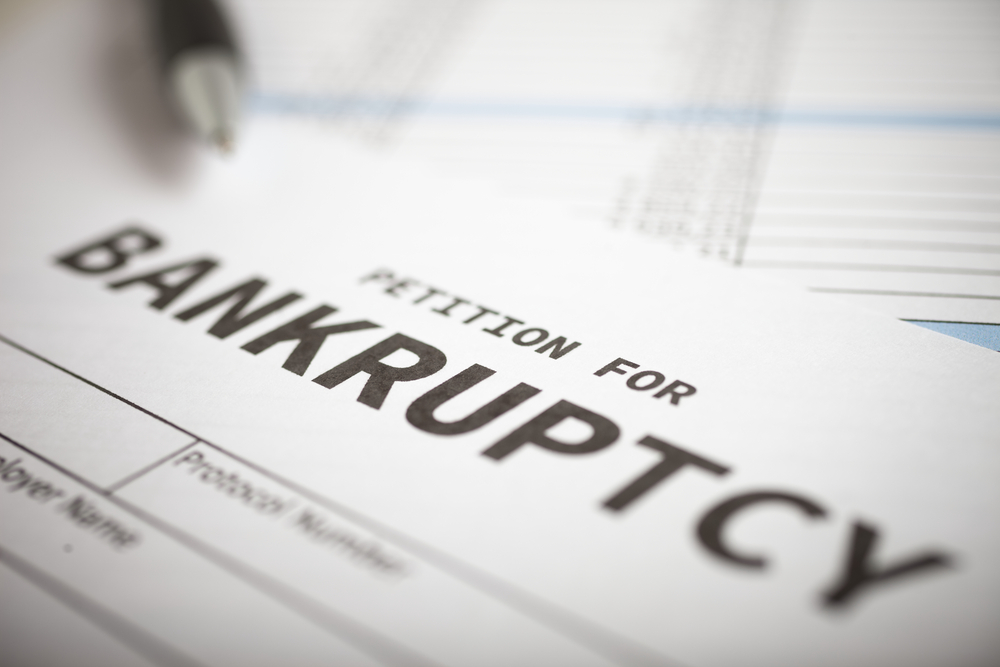
Bankruptcy provides a debtor certain protections during his or her elimination process, however there are two types of bankruptcy that a debtor can choose to file, each having their own benefits and detriments. There is no one right answer to determine whether Chapter 7 or Chapter 13 is better because the decision to file different chapters of bankruptcy are made on a case by case basis.
A Chapter 7 bankruptcy is often the best choice for individuals who are currently facing a severe financial hardship. It is known as a “liquidation bankruptcy”. A Chapter 7 bankruptcy allows the debtor to eliminate his or her debts within 90 to 100 days. The debtor will be allowed to eliminate medical bills, payday loans, utility bills, unsecured loans, repossession debt, foreclosure debt, or basically any other unsecured debt that he or she may have.
Chapter 13 Bankruptcy, on the other hand, is a “reorganization” bankruptcy. It allows individuals to restructure their debts and develop a repayment plan to pay off some or all of their debts over a three to five-year period. Chapter 13 is often preferred by those who have a steady income and want to protect their assets, such as a home, from foreclosure.
Eligibility Requirements
To file for Chapter 7 Bankruptcy in Alabama, you must meet the following criteria:
- Pass the means test, which compares your income to the median income for a similar household size in Alabama. If your income is below the median, you may qualify for Chapter 7.
- Complete credit counseling from an approved agency within 180 days before filing.
For Chapter 13 Bankruptcy, eligibility requirements include:
- Having a regular source of income.
- Unsecured debts (e.g., credit cards, medical bills) must be below $419,275, and secured debts (e.g., mortgages, car loans) must be below $1,257,850 (as of April 2019).
- Complete credit counseling from an approved agency within 180 days before filing.
Step-by-Step Guide to the Bankruptcy Process
- Consult with a bankruptcy attorney: An experienced attorney can help you determine which chapter is best for your situation and guide you through the process.
- Complete credit counseling: Before filing, you must complete a credit counseling course from an approved agency.
- File the bankruptcy petition: Your attorney will help you prepare and file your bankruptcy petition with the court. Once filed, an automatic stay will go into effect, preventing creditors from taking further collection actions against you.
- Attend the 341 meeting of creditors: Approximately 30 days after filing, you will attend a meeting with the bankruptcy trustee and any creditors who choose to attend. You will answer questions about your financial situation and the bankruptcy petition.
- Complete debtor education: Before your debts can be discharged in Chapter 7 or your repayment plan confirmed in Chapter 13, you must complete a debtor education course.
- Discharge or repayment: In Chapter 7, eligible debts will be discharged, and any non-exempt assets will be liquidated to pay creditors. In Chapter 13, the court will confirm your repayment plan, and you will begin making payments according to the plan.
When and Why to Consider Bankruptcy
Filing for bankruptcy can provide relief for those struggling with overwhelming debt. Common reasons to consider bankruptcy include job loss, medical expenses, divorce, or a combination of financial hardships. Bankruptcy can help you eliminate debt, stop foreclosure or repossession, and get a fresh start on your financial future.
In conclusion, understanding the basics of Chapter 7 and Chapter 13 bankruptcy laws in Alabama can help you make informed decisions about your financial future. By seeking the guidance of an experienced bankruptcy attorney in Alabaster and utilizing available resources, you can successfully navigate the bankruptcy process and work towards a brighter financial future.